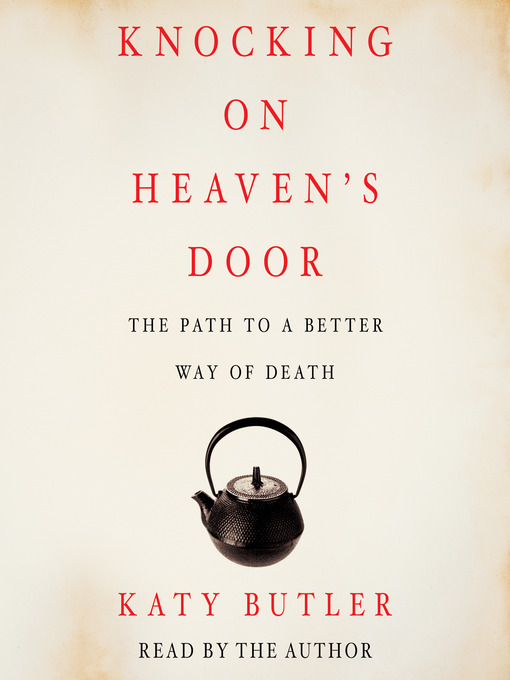- 2025 Libby Book Award Winners and Runners Up
- How Does Your Garden Grow?
- National Poetry Month
- 250th Anniversary of the American Revolution
- GRPL Staff Picks
- Celebrating Women
- Curl Up with a Cozy Read
- Our Favorite Sleuths
- Life-Changing Women
- Women's History Month
- Stacks on Stacks on Stacks
- Celebrating Black Lit
- Workplace Romances
- See all ebooks collections
- 250th Anniversary of the American Revolution
- 2025 Libby Book Award Winners and Runners Up
- National Poetry Month
- How Does Your Garden Grow?
- She Persisted: Women's history
- Women's History Month
- Our Favorite Sleuths
- Curl Up with a Cozy Read
- Workplace Romances
- GRPL Staff Picks
- Stacks on Stacks on Stacks
- Celebrate Black History
- Audiobooks for your Commute
- See all audiobooks collections

